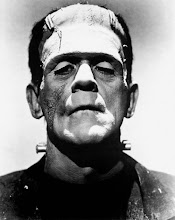
To answer your question mike......
One belief is that heavy consumption of turkey meat (as for example in a Thanksgiving or Christmas feast) results in drowsiness, which has been attributed to high levels of tryptophan contained in turkey. While turkey does contain high levels of tryptophan, the amount is comparable to that contained in most other meats. Furthermore, postprandial Thanksgiving sedation may have more to do with what else is consumed along with the turkey, in particular carbohydrates and alcohol.
It has been demonstrated in both animal models and in humans that ingestion of a meal rich in carbohydrates triggers release of insulin. Insulin in turn stimulates the uptake of large neutral branched-chain amino acids (LNAA) but not tryptophan (trp) into muscle, increasing the ratio of trp to LNAA in the blood stream. The resulting increased ratio of tryptophan to large neutral amino acids in the blood reduces competition at the large neutral amino acid transporter resulting in the uptake of tryptophan across the blood-brain barrier into the central nervous system (CNS). Once inside the CNS, tryptophan is converted into serotonin in the raphe nuclei by the normal enzymatic pathway. The resultant serotonin is further metabolised into melatonin by the pineal gland. Hence, these data suggest that "feast-induced drowsiness," and in particular, the common post-Christmas and North American post-Thanksgiving dinner drowsiness, may be the result of a heavy meal rich in carbohydrates which, via an indirect mechanism, increases the production of sleep-promoting melatonin in the brain.



























No comments:
Post a Comment